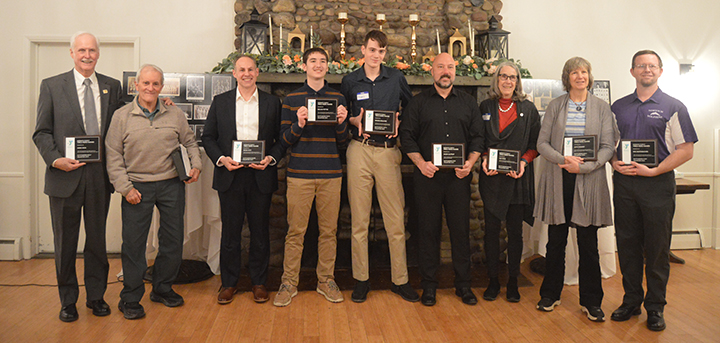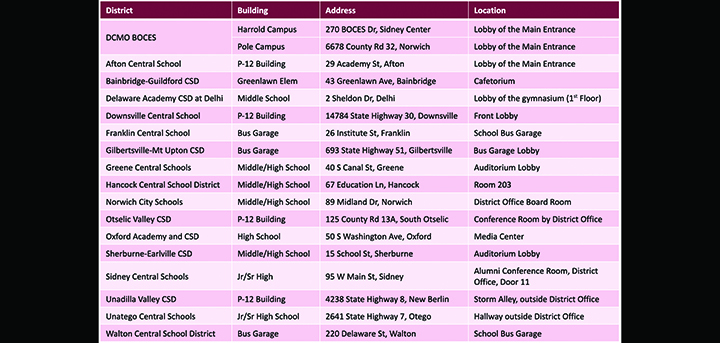Landowners weigh in on gas drilling regs
ALBANY, N.Y. (AP) — Landowners hoping to sign leases with natural gas drillers say New York’s proposed regulations put some land off-limits to drilling for no logical reason, under the guise of protecting water supplies.
The Joint Landowners Coalition of New York said in comments submitted to state regulators a day before Wednesday’s deadline that the proposed 4,000-foot buffer around New York City’s watershed extends to land on the other side of ridgelines where the water flows away from the city’s watershed.
The group also said the regulations are weaker than their leases in some respects. While the Department of Environmental Conservation would allow open pits for storage of some fluids used in the drilling process, the coalition’s leases would ban open pits and require steel tanks instead.
“We formed organizations to do the research, hire the experts, and find the most environmentally safe way it can be done,” coalition president Dan Fitzsimmons said Wednesday. “We want to protect our land. Gas companies don’t always have the best record.”
Meanwhile, a group of state Senate Democrats joined anti-fracking organizations in Manhattan on Wednesday to again call on Gov. Andrew Cuomo to withdraw the proposed guidelines and regulations. They urged legislators to pass a bill banning fracking, which stimulates gas production by injecting wells with chemical-laced water at high pressure. They claim it threatens water supplies.






Comments